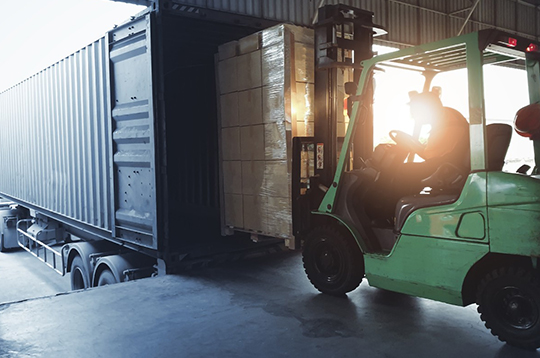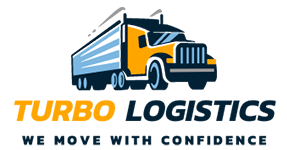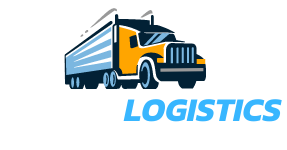What Is Partial Truckload Shipping And Is It Right For You?
There are many different transportation options, and the freight sector is very diverse. Full truckload and less-than-truckload shipment are presumably terms you are already familiar with and utilize. However, there is still a third choice available between full truckload and less than full truckload shipment.
A significant amount of LTL freight is a half shipment. Although the cargo does not completely fill the trailer, it does occupy a sizable portion of it. It is therefore a mid-range choice between FTL and LTL. Although many shippers could benefit from moving to half truckload shipments, they are underutilized and little used.
Benefits of partial shipping
- No freight class required: Usually, each shipment is assigned a freight class based on product type (e.g. glass is more expensive to transport than cardboard). Carriers will use that freight class to determine how much to charge for the shipment. No freight class means no extra charges based on the class of your freight.
- Less handling = less damage: Compared to LTL and VLTL, partial loads are rarely stopped and remain on a single truck for the majority of transit. This means there are fewer opportunities for freight damage, and your order remains safer than it would with traditional LTL.
- Usually more cost-efficient (usually): Partial shippers pay only for the space their freight takes up in the truck. Unlike LTL and VLTL, partial truckload leads to fewer fees — like freight class fees — overall. Partial shipping rates are negotiated with the carrier and are less than a full truckload shipment.
- Faster transit times than LTL and VLTL: Since your shipment mostly stays on one truck, the order status is less volatile, making on-time delivery time easier to attain.

Frequently Asked Questions
Still open questions?
Our booking system is a simplified process. You can contact directly through our contact details or by submitting the enquiry form.
You will receive an auto-generated invoice on your registered e-mail ID once the consignment has been delivered.
How do owner operators find loads?
- Find a freight broker. Freight brokers are one of the most common ways to connect truckers with shippers. …
- Negotiate a contract directly with the shipper. Entering agreements directly with shippers can be a great way to get loads. …
- Becoming a government contractor. …
- Use a truck load board.
Trucking logistics is the research and planning of trucking operations . Typically, the logistics of trucking takes into account all the factors involved in the transportation of goods by truck with the goal of maximizing productivity and efficiency.
You benefit from our experience in delivering effective solutions to the complex global supply chains of some of the world’s biggest corporations.
You benefit from every innovation, whether it involves a simple extension to our Air and Ocean Freight products, whether it means a development in warehousing.
All of which explains why you’ll find the team of outstanding support at Turbo Logistics ready to apply their passion for solutions in support of your business.







